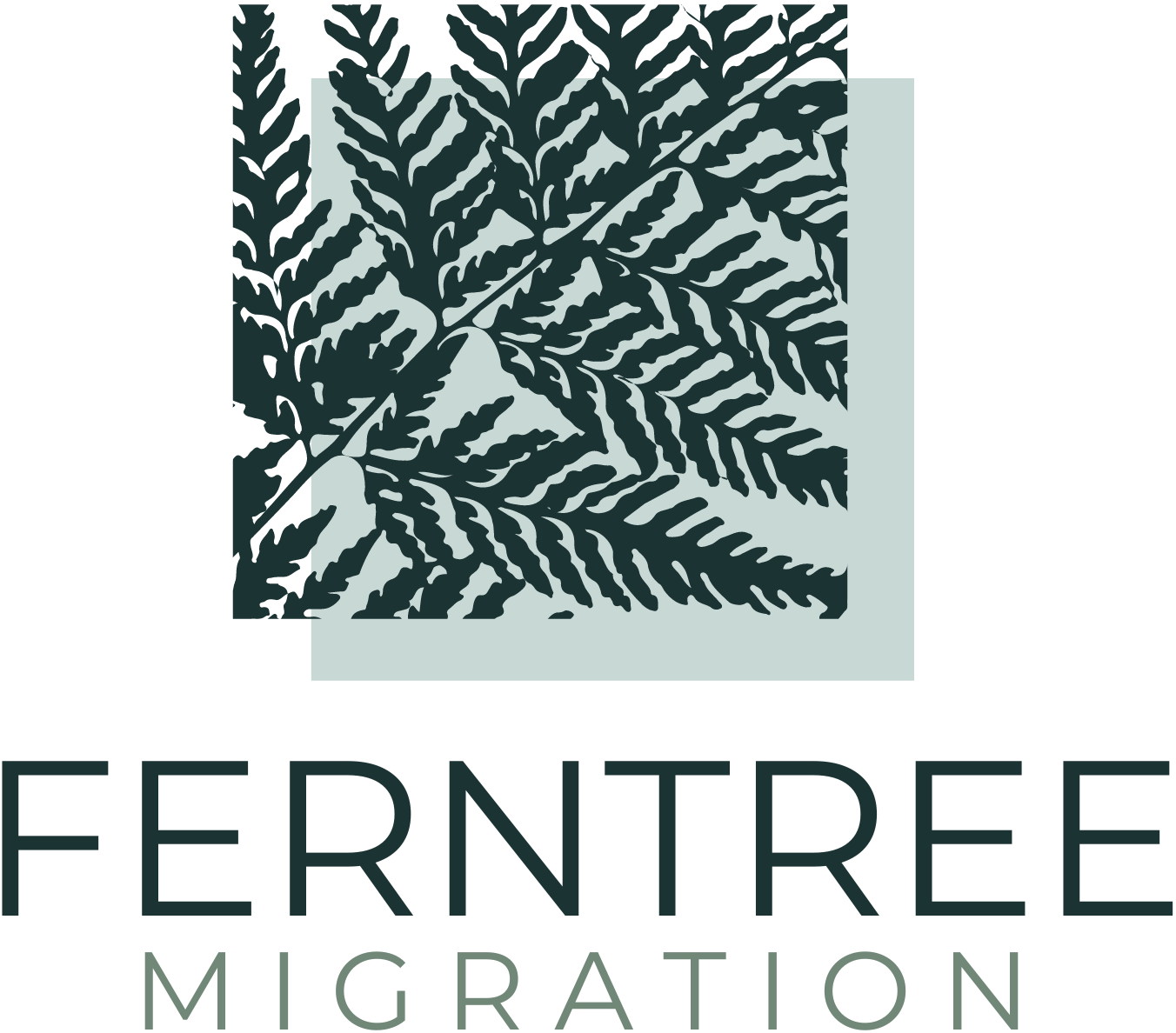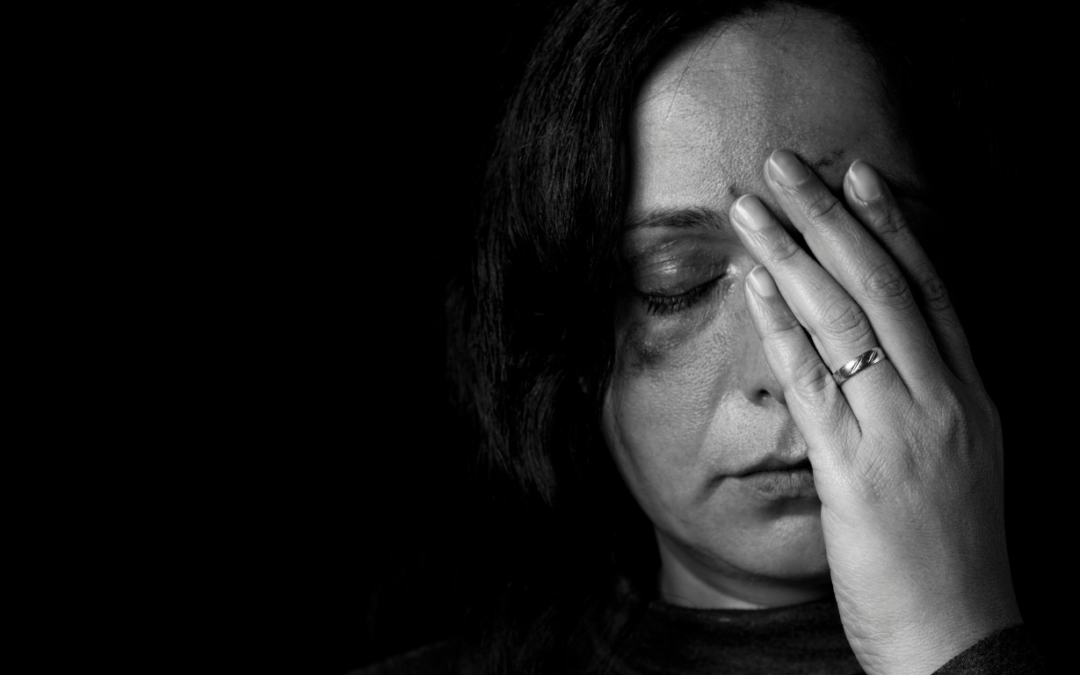The ABC article, ‘Migration experts call for Australia’s immigration system to be made ‘fairer’ for women,’ highlights critical issues within Australia’s migration system, especially concerning access to family violence visas for women on temporary visas who face abuse or exploitation. Unless you work in this space, you’re probably not aware of the urgent need for change.
For the last two decades, I have been deeply embedded in the struggle to aid women trapped in the purgatory of Australia’s temporary visa system while attempting to flee from family violence. Time and again, I have witnessed the systemic failures that leave these women unsupported, unprotected, and uncertain of their future in this country—a country they looked to for safety and opportunity.
A survey published on Monash Lens reveals that one-third of migrant and refugee women reported experiencing some form of domestic and/or family violence.Family violence knows no visa status, yet the support provided to those experiencing it in Australia is inextricably tied to their immigration classification. As an advocate working on the frontline, I have seen a profound disparity in outcomes for those on temporary visas who do not have access to family violence provisions—even those who do have access to such provisions can find it difficult to meet the strict regulatory requirements. The stark reality is that our system is not fit for purpose when it comes to supporting migrant women facing abuse.
These women often arrive in Australia full of hope, sponsored by family members or partners. Yet, all too frequently, the same individuals who should be their protectors become their abusers. The power dynamics in these sponsorship relationships are inherently skewed, allowing abusers to use the threat of visa cancellation as a tool of control and coercion. Without the right to work, access to healthcare, or even the ability to enrol their children in school without prohibitive fees, these women are left with few avenues to independence.
Over the decades, through tireless work and advocacy, I have helped countless women navigate this complex and often hostile system. Their stories are harrowing, their resilience immeasurable. But it should not take extraordinary resilience to find safety and support in the face of violence.
The proposed solutions have been varied, but the most effective is clear: Australia must introduce a specific visa for those suffering from family violence. This would not only provide a direct pathway to lawful status and access to essential services but would also offer a lifeline to those who find themselves isolated in an unfamiliar country with nowhere to turn.
The Women’s Legal Service Victoria and other organisations have advocated for such a visa, arguing that the protection of vulnerable individuals should not be contingent on the type of visa they hold. The changes are long overdue.
As the federal government stands poised to unveil its five-year migration strategy, we are presented with a rare opportunity to reform a system that has failed too many for too long. A dedicated family violence visa would be a significant step towards righting these wrongs, ensuring that those who seek refuge from abuse can do so without the additional fear of visa insecurity.
In my two decades working in the migration space, I’ve witnessed the profound shortcomings within our migration system, particularly in its response to family violence. My tenure as a former member of the Administrative Appeals Tribunal has further enriched my understanding, offering a unique 360-degree view of both the human and procedural dimensions of these failings. Reviewing cases of individuals affected by family violence, I’ve seen the gaps not just through the stories of those seeking refuge but also within the intricacies of the visa system.
It’s time for Australia to lead with compassion and courage, and to establish a migration system that truly supports those fleeing family violence.
The introduction of a family violence visa is not just a policy change—it’s a moral imperative.


